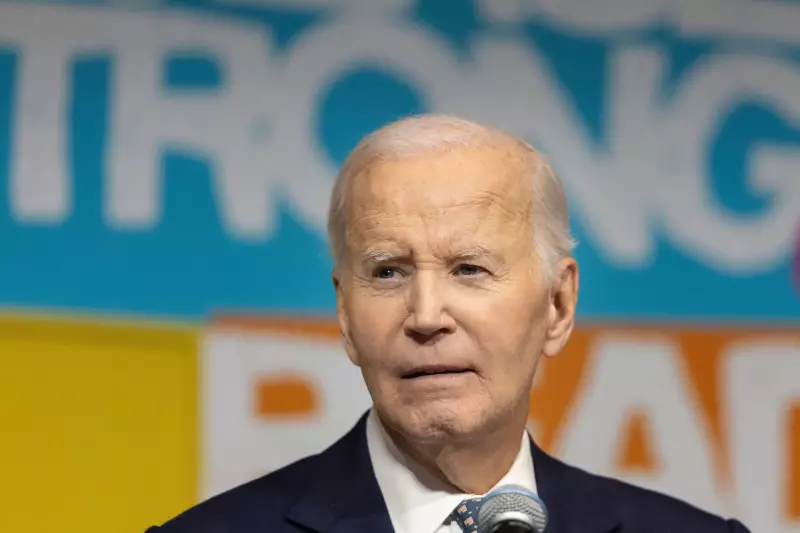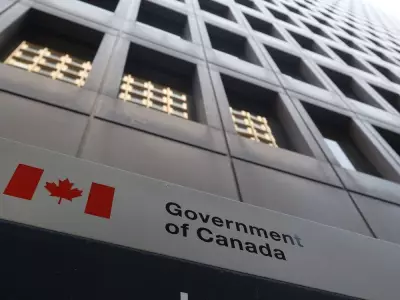
Former United States President Joe Biden launched a forceful condemnation of his successor, delivering what observers are calling one of his most direct critiques to date against President Donald Trump's governance.
Direct Democracy Criticism
Speaking to supporters in Omaha, Nebraska on November 7, 2025, Biden didn't mince words when assessing Trump's impact on the nation's democratic institutions. The former president argued that Trump has effectively "taken a wrecking ball" to the foundations of American democracy, using vivid language to underscore his concerns about the current administration's approach to governance.
The Friday address marked a significant escalation in Biden's public commentary about his successor's presidency. The carefully chosen metaphor of destruction equipment suggests Biden views Trump's actions as systematically damaging rather than merely controversial or disagreeable.
Political Context and Timing
The timing of Biden's remarks is particularly noteworthy, coming amid ongoing political tensions and policy debates between the two administrations. The November 7th speech in Nebraska represents Biden's continued engagement in the political arena despite no longer holding office.
Observers noted that Biden's choice of venue—addressing a room of dedicated supporters—allowed for a more direct and unfiltered message than might be possible in other settings. The location in Omaha also carries symbolic weight as a politically competitive area that often serves as a bellwether for national sentiment.
Broader Implications
Biden's stark assessment raises important questions about the state of American democratic institutions and the long-term impact of presidential transitions. The "wrecking ball" characterization suggests fundamental concerns about institutional erosion rather than mere policy disagreements.
This public critique comes as both figures remain influential voices in their respective political parties, with Biden continuing to shape Democratic Party messaging while Trump maintains his leadership position among Republican voters. The direct nature of the criticism indicates that the political divide between the two camps remains deeply entrenched.
Political analysts will be watching closely to see how this rhetoric influences broader political discourse and whether it signals a new phase in post-presidential advocacy for Biden. The speech undoubtedly sets the stage for continued debate about the health of American democracy and the proper role of former presidents in current political conversations.





